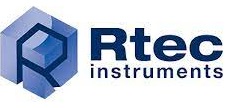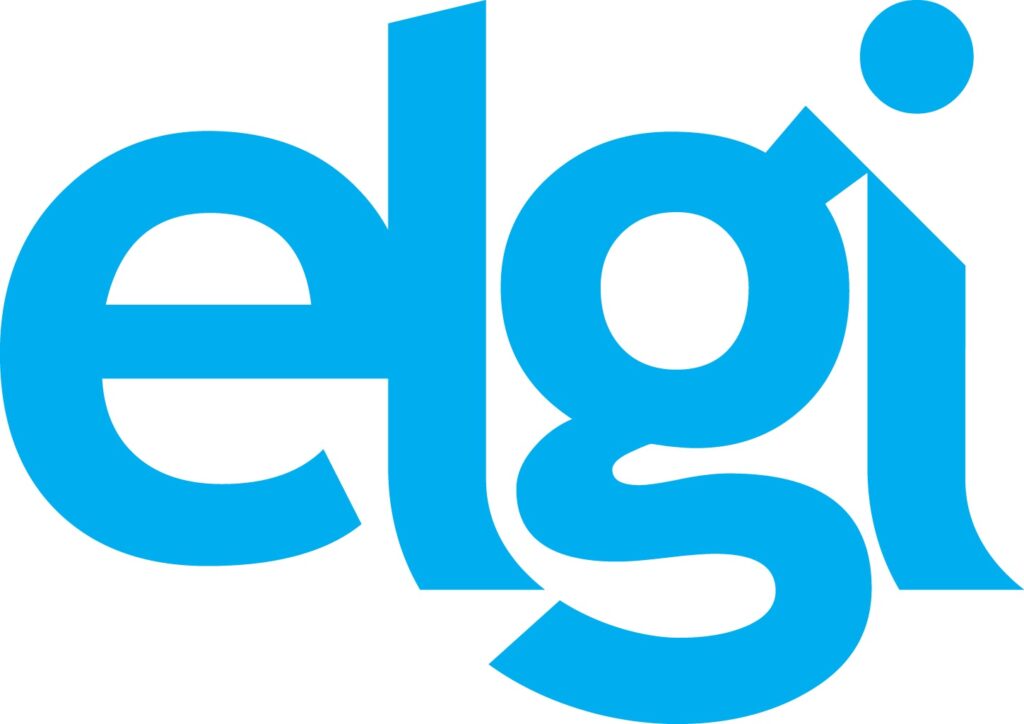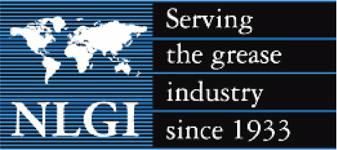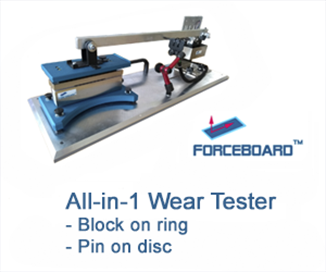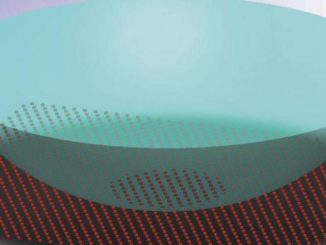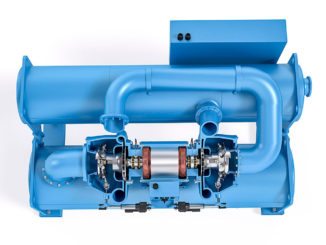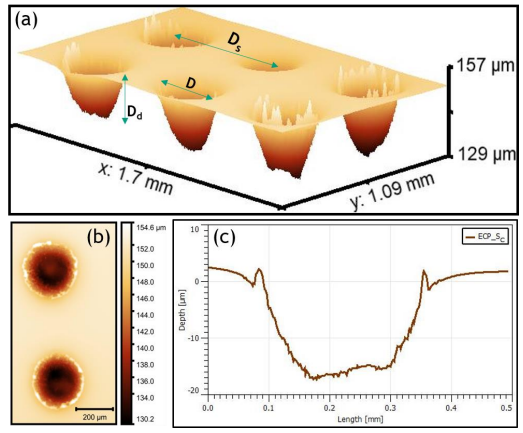Administration of the project
Tribological testing of materials for automotive industry
Quality Magazine have published an article about using benchtop mechanical testing to assess materials in the automotive industry, saving time and money.
Full scale tests are often used to test the frictional behaviour of materials, to compare their wear characteristics, friction curve and more. For example, in clutch testing, this data is used to calculate the functional lifetime and effectiveness of components. Developing new materials in the automotive industry can be costly and time consuming. Rather than performing full scale tests, benchtop testing is a way to assess materials more quickly, with simulated conditions that do not require the fabrication of full scale components.
Automotive ApplicationsThe UMT TriboLab can be used for many applications in the automotive industry, including testing the quality and performance of:
- Paints and coating (Scratch, Hardness)
- Lubricants (Comparative Stribeck Curves)
- Clutch and brake materials (Friction, Wear)
- Bearing (Wear)
- Tyres (Friction, Wear)
- Piston ring and cylinder liner (Friction, Wear)
- Elastomers (Shore Hardness, Mechanical Properties)
- Engine valve (Hot Hardness)
- Wind shield (Scratch/Mar Resistance)
- Mirror (Stiction, Scratch Resistance)
Benchtop Clutch Material Testing
For an effective test, critical full-scale tribosystem parameters must be simulated effectively. In a wet-clutch system, the critical test parameters from the conventional SAE #2 Friction Material test are:
- Contact pressure
- Contact area
- Sliding speed
- Temperature
- Static or breakaway conditions
Minimum Contact Size
In addition to the contact pressure, sliding speed and temperature, a minimum contact size is necessary for benchtop friction material testing. This is due to the non-homogeneous nature of clutch materials. All constituents must be taken into account, including the reservoir and channeling effect of the surface roughness and porosity.
This variation in surface texture is evident in the 3D topographic images below. These images were taken using a Bruker white light interferometer (WLI). The contact area needs to be large enough to reflect the effect of the inhomogeneity and the surface roughness on the friction.
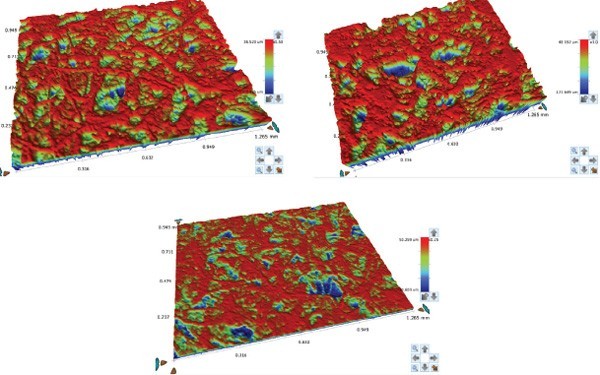
These full-scale parameters are also important when in a simulated benchtop test:
- Duration of clutch material engagement at a given speed.
- Rate of application of the full contact pressure.
- Dwell time between test conditions.
- Recirculation and filtering of the ATF between clutch material changes.
Instrumentation
The Bruker UMT TriboLab equipped with a rotary drive, heating chamber and liquid pumping system is ideal for benchtop sample testing. It is the most versatile tribology test system available, capable of a wide variety of tests:
- Tribological
- Friction (static, dynamic, stiction)
- Wear and wear durability
- Mechanical
- Hardness (classical and instrumented methods)
- Young’s modulus (instrumented indentation)
- Flexural stress-strain and elasticity in bending
- Scratch Test (adhesion and mar resistance)
Below you can also see an example of a sub-scale test sample of clutch material:

Bruker UMT TriboLab and clutch test sample
Results
The charts below compare the results of benchtop tests performed using the UMT TriboLab with results from a full-scale test rig. The step-speed clutch material tests were conducted at 120°C on both systems. These results show good agreement in the simulated tests, for relative rankings, curve shape as a function of velocity and the magnitude of the COF for each material.
In this example. the positive slope of the COF versus velocity curve for Material B show that it is a viable choice for the clutch design modeling.
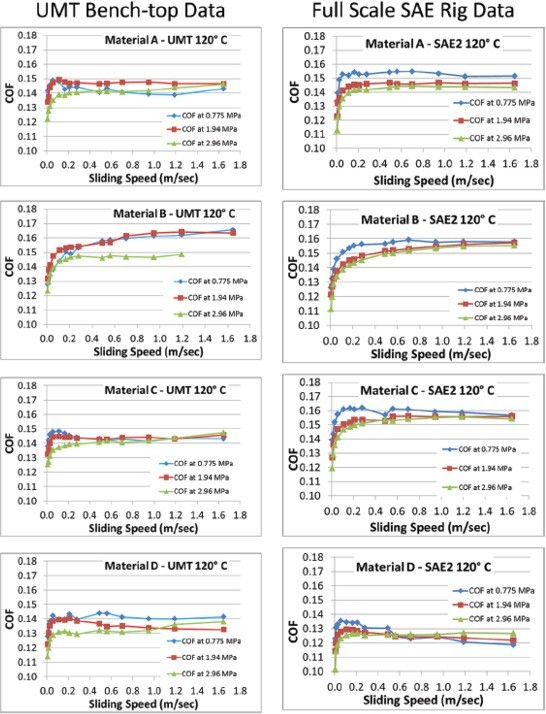
By applying the equivalent contact stress, acceleration, sliding speeds, fluid conditions and temperature as full-scale clutch testing rigs, benchtop screening is an ideal way to simulate full scale tests. This speeds up decision making and reduces the costs of down-selecting materials for final proof in full scale clutch rig testing.
Author: Stephen Badger




